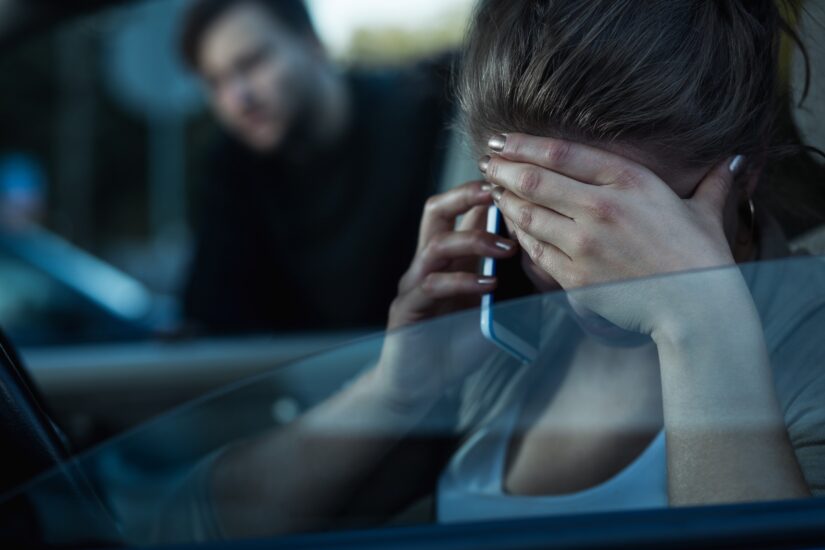With the new school year approaching across Florida, most students will be anxiously looking forward to scholastic and sporting events that build strong minds, camaraderie, and school pride. For others, the excitement that is building is tinged with anxiety about meeting new people, bullying, and in some tragic instances, sexual harassment or violence in primary, secondary, and post-secondary trade schools, colleges, and universities.
Each school year, the popular media publish myriad articles about students who become victims of sexual harassment or violence. Whether it is an adult teacher who is having sex with an underage pupil, the soccer coach accused of “sexting” illicit text messages to a player, or some form of statutory rape, date rape, or rape due to incapacitation from alcohol or drugs, victims of such behavior are eligible for legal redress in court not just from the perpetrator of the sexual harassment or violent act, but from the very institution where the incidents took place when certain safeguards are not met.

Under Title IX of the Education Amendments of 1972 (Title IX), academic institutions that receive Federal financial assistance are required to establish procedures to prevent students from being subjected to sexual harassment and violence. When a student is harassed or a victim of sexual violence, upon providing notice to a school administrator or the campus police department, the institution is required to provide a “Prompt and Equitable” investigation per dictates of the U.S. Department of Education’s Office of Civil Rights. These dictates include:
• Notice to students, parents, and employees about the Title IX grievance procedures at the institution and which officer handles complaints of sexual discrimination or violence, including the time frames for the major stages of the complaint process.
• Application of grievance procedures to complaints alleging harassment or violence carried out by employees, other students, or third parties.
• Full, fair, and impartial investigation of complaints, and a formal hearing that provides an opportunity for both parties to present witnesses and relevant evidence to support (or defend) their positions before the individual or panel assigned to serve as hearing officers.
• Notice to parties of the outcome of the complaint and the appellate rights of the parties.
• An assurance that the school will take steps to prevent the recurrence of any harassment and to correct its discriminatory effects on the complainant and others, if appropriate.
While the Federal guidelines for Title IX compliance are rather straightforward, there are instances when institutions fail to adhere to protocols—failures that place victims of sexual harassment or violence in limbo—and place the institutions at legal risk for non-compliance. Whenever an institution fails to act in a prompt or decisive manner, the victim has a potential claim for damages against both the individual perpetrator and the institution for Title IX violations. Over the past decade, a number of prestigious academic institutions, including Baylor University, the University of Tennessee, and Louisiana State University, have been hit with major lawsuits, some that yielded monetary damages due to their failure to properly investigate and resolve harassment and sexual violence claims pursuant to Title IX.
While the lawyers at Fasig | Brooks wish students enrolled at Florida schools and colleges the very best during the upcoming school year, we also stand ready to advise any who unfortunately become victims of sexual violence harassment, or violence on campus. Please feel free to contact us at one of our offices in Tallahassee, Destin, or Jacksonville to set up a free initial consultation today!





